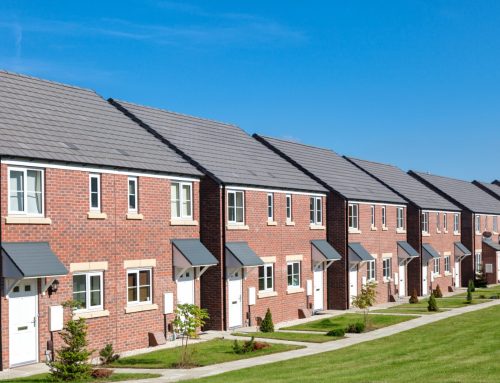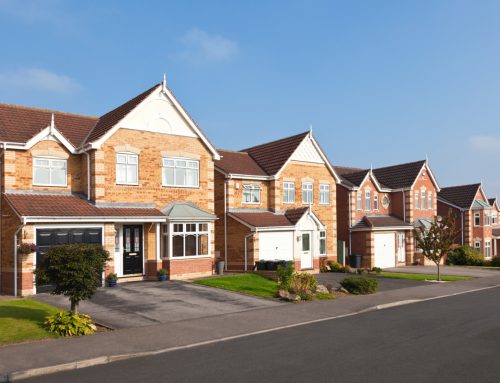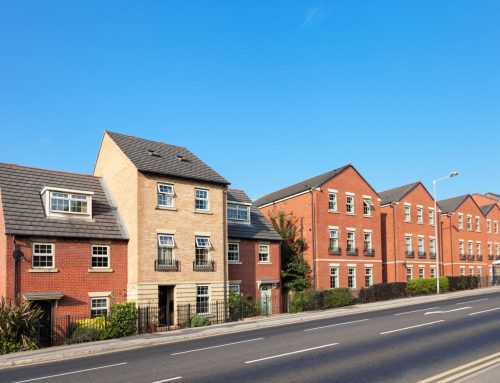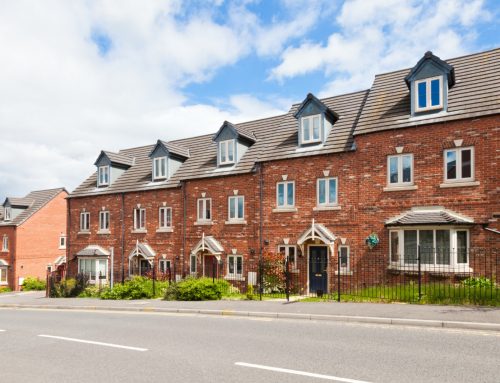UK Rental Demand: The number of Renters Rises as Home Ownership Falls
Home ownership in England has fallen substantially in recent years and has now reached its lowest level in 30 years. As less people own their property UK rental demand rises. Due to property prices continuing to rise faster than wages the task for many first time buyers is simply out of reach. The so called generation rent, who are the young working professionals unable to buy their own homes are forced into rental accommodation, but now this trend is happening across the UK rather than just being isolated in the cities of London, Birmingham and Manchester. According to a new report published by the Resolution Foundation thinktank, Greater Manchester is the area seeing a large decline in home ownership, cities in Yorkshire and the West Midlands also recorded sharp drops. It is estimated that nearly 30% of property in Manchester is privately rented accommodation. Home ownership in England was at its peak in April 2003, at 71%. It has now dropped to 64% which was recorded in February 2016. This trend was echoed in other regions in the UK. The figures show clearly that there is a falling level of home ownership in the UK. The factors driving this trend, are increase in property prices which are rising faster than household incomes, the rising deposits required to buy a property and the insufficient number of new homes being built year after year. Anne Baxendale, head of policy and public affairs at the housing charity Shelter, said house prices were now “completely out of step with average wages”. She added “Sky-high rents are leaving many families struggling to make ends meet each month, let alone save up enough for the deposit on a home. Far from being the stepping stone it once was, many young people and families are now facing a lifetime stuck in expensive and unstable private renting. “The new government has a real chance to give hope back to these families by tackling the root cause of the housing crisis and building genuinely affordable homes that people on ordinary incomes can actually afford to rent or buy.” Dan Wilson-Craw, policy manager at the campaign group Generation Rent, said saving up for a deposit was getting more unattainable for aspiring homeowners. “Renting in the private sector is the only option for many, and 12-month contracts mean their homes are insecure too,” he said. UK Rental Demand: On the Rise The UK rental demand is rising across UK cities as a fall in home ownership and a rise in private rents is a growing trend. What is prohibitive for many getting a foot on the property ladder, is that private renters on average spend 30% of their income on housing, which is far higher than the 23% spent by homeowners. Brian Murphy, head of lending at Mortgage Advice Bureau, said: “Despite recent taxation changes with regards the buy-to-let sector, the longer term prediction from Rics is that demand for rental properties will increase at 4.6pc per year over the next five years, which will likely have an upward impact on rents. More new houses are required The government and passed governments have under-performed in delivery of the required new builds targets, despite the promises, the UK has continually fallen well behind the number of new builds required. Now the market is a perfect arena for investors seeking to profit, there is stable capital growth in the market and long term rental income as UK rental demand is growing. Renters without large deposits, or the “bank of Mum & Dad” have few options but to rent long term. With no quick fix to create the required number of homes, we will continue to see the investor appetite soar. http://www.hanoversquarerealestate.com/








